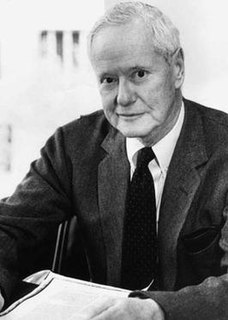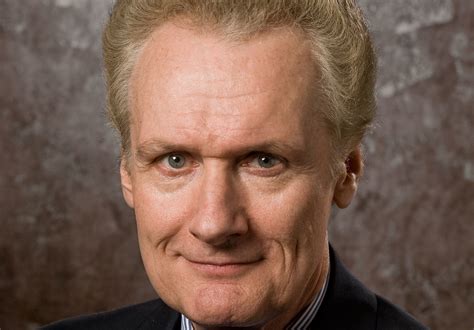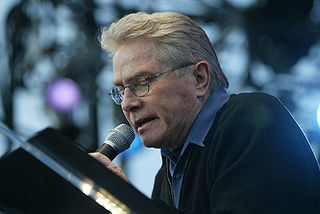A Quote by John Burroughs
Science makes no claim to infallibility; it leaves that claim to be made by theologians.
Quote Topics
Related Quotes
Being a philosophical naturalist does not mean that one thinks that science can provide all of the answers. That is scientism and that is wrong. I don't think a billion buckets of science could speak to the problems raised by the Tea Party. Being a philosophical naturalist does not mean that one thinks that the only truths are those of science. I think the claim just made in the last sentence is true but I don't think it is a claim of science. It means that you use science where you can and you respect and try to emulate its standards.
Only when he has published his ideas and findings has the scientist made his contribution, and only when he has thus made it part of the public domain of scholarship can he truly lay claim to it as his own. For his claim resides only in the recognition accorded by peers in the social system of science through reference to his work.
Our creationist detractors charge that evolution is an unproved and unprovable charade — a secular religion masquerading as science. They claim, above all, that evolution generates no predictions, never exposes itself to test, and therefore stands as dogma rather than disprovable science. This claim is nonsense.
How can you claim infallibility and claim that in these 114 [drone] strikes there was just one mistake -- one person killed that was a civilian -- and at the same time say, 'Well, we don't really know how many people were killed or who they were, but we know they weren't civilians'? I don't know how you can do that.
Socrates claimed famously that one never loses by doing the right thing. Stephen Post and his contributors claim, a little less boldly, that at least the generous will, probably, stay healthy—and, improving on Socrates, they support this claim with careful empirical science, impressive for its comprehensive detail. Here ethics and religion join science and enjoin us to be more caring and healthy. A seminal work, with an urgent message.
You can ask yourself, if a film makes a claim, is the claim true or false? Having said that, a style of presenting material doesn't guarantee truth. There's this crazy idea that somehow you pick a style, and by virtue of picking the style, you've provided something that is more truthful. It's as if you imagine that changing the font on a sentence you write makes it more truthful.
To claim that science and religion pose different questions to the world is not to suggest that if the bones of Jesus were discovered in Palestine, the pope should get himself down to the dole queue as fast as possible. It is rather to claim that while faith, rather like love, must involve factual knowledge, it is not reducible to it.
The claim that myth is always a narrative spin-off of ritual; the claim that myth is the projection of human anxieties onto a cosmological scrim; the claim that myths are invented to give sanction to human predilections and institutions... These are ways of trivializing a mode of thought that has served humanity well for a very long time.


































